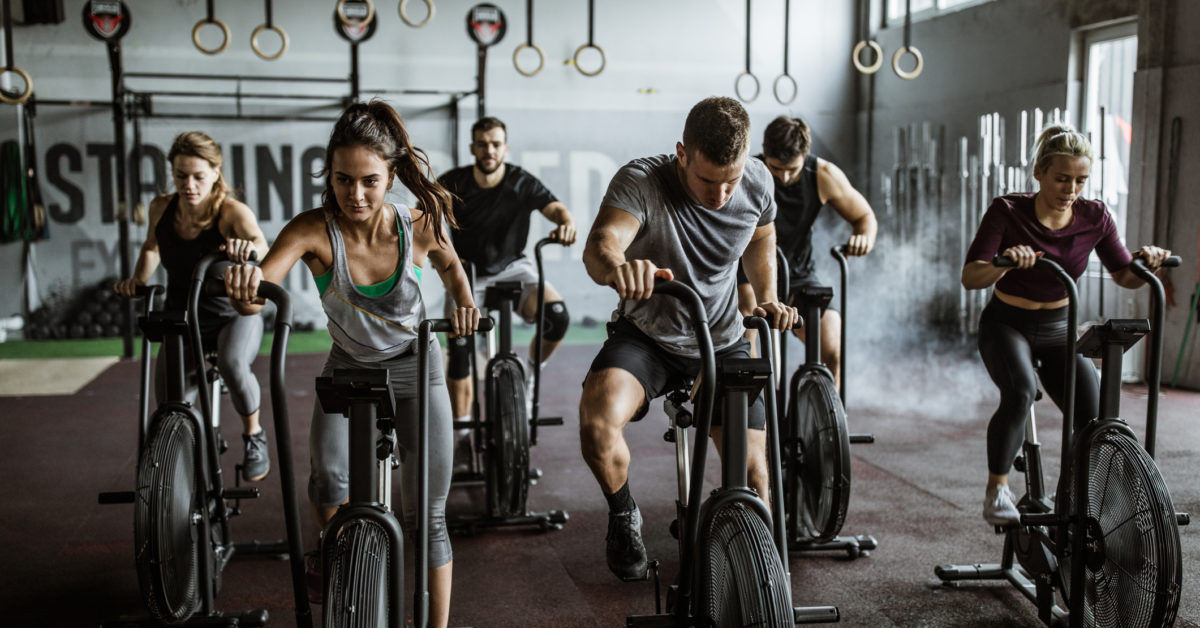When it comes to replenishing muscles after exercise, sports energy bars and drinks are no better than cheap, carb-rich foods, such as potato pancakes, hash browns, and fries, a new study suggests.
The manufacturers of sports energy bars and drinks market them as providing an “edge” for amateur and professional athletes.
The implicit claim is that their products are better than relatively cheap, ordinary snacks at restoring energy levels after exercise and maximizing athletic performance.
Now, however, research at the University of Montana (UM) in Missoula has cast doubt on this claim.
“Athletes are vulnerable to strategic marketing. We are easily swayed,” says Prof. Brent Ruby, a former endurance athlete and director of UM’s Montana Center for Work Physiology and Exercise Metabolism.
Prof. Ruby led the study, which features in the European Journal of Applied Physiology.
In the lab, the researchers pitted sports energy bars and drinks against potato-based snacks. The latter were potato pancakes and syrup, gnocchi and pasta sauce, hash browns and apple sauce, and fries.
The scientists measured the ability of the two types of food to replenish energy stores in volunteers’ skeletal muscle and sustain their performance in a time trial.
Muscles use the polysaccharide glycogen to store energy. During periods of intense activity, the muscles break down this glycogen to make glucose, which they use as fuel.
Sports scientists have found that the amount of stored glycogen in muscle helps determine performance in aerobic exercise, which includes cycling, swimming, and running.
In the new study, the participants rode a cycle ergometer, which is a high-tech exercise bike that takes measurements, such as oxygen consumption and power output.
A total of 16 healthy, injury-free, active volunteers (eight females and eight males) each completed two sessions at the lab. These took place 1 week apart.
The participants fasted for 12 hours before each session and abstained from exercise, alcohol, and caffeine for the previous 24 hours. In each session, they completed a glycogen depletion ride and then, after a 4-hour recovery period, a 20-kilometer (km) time trial.
The experiment used a “crossover design,”

